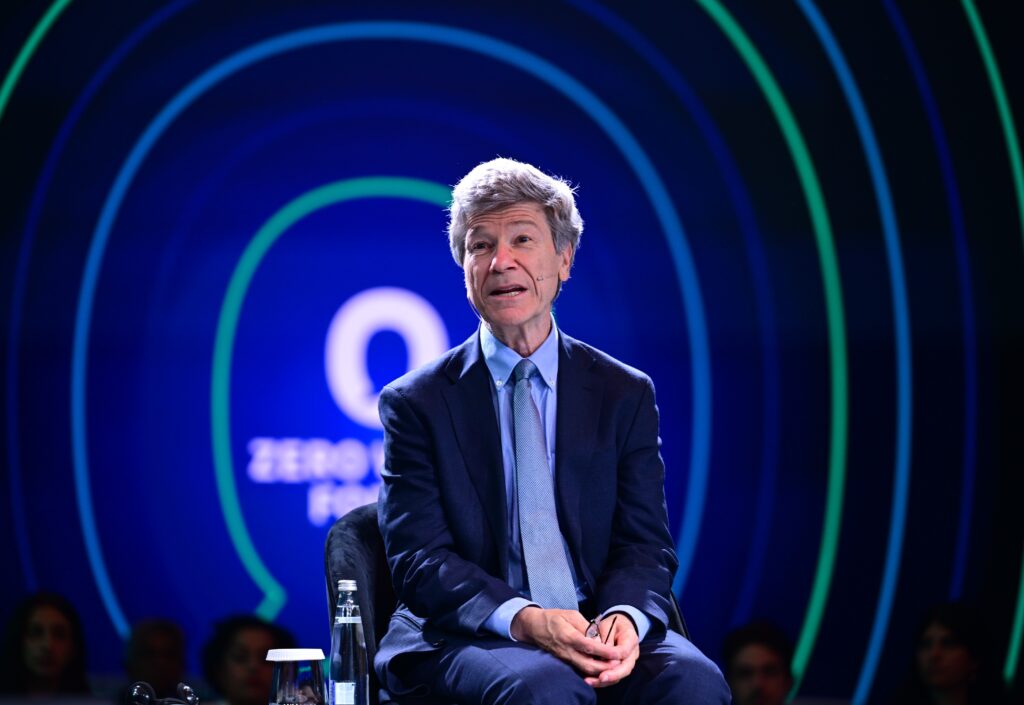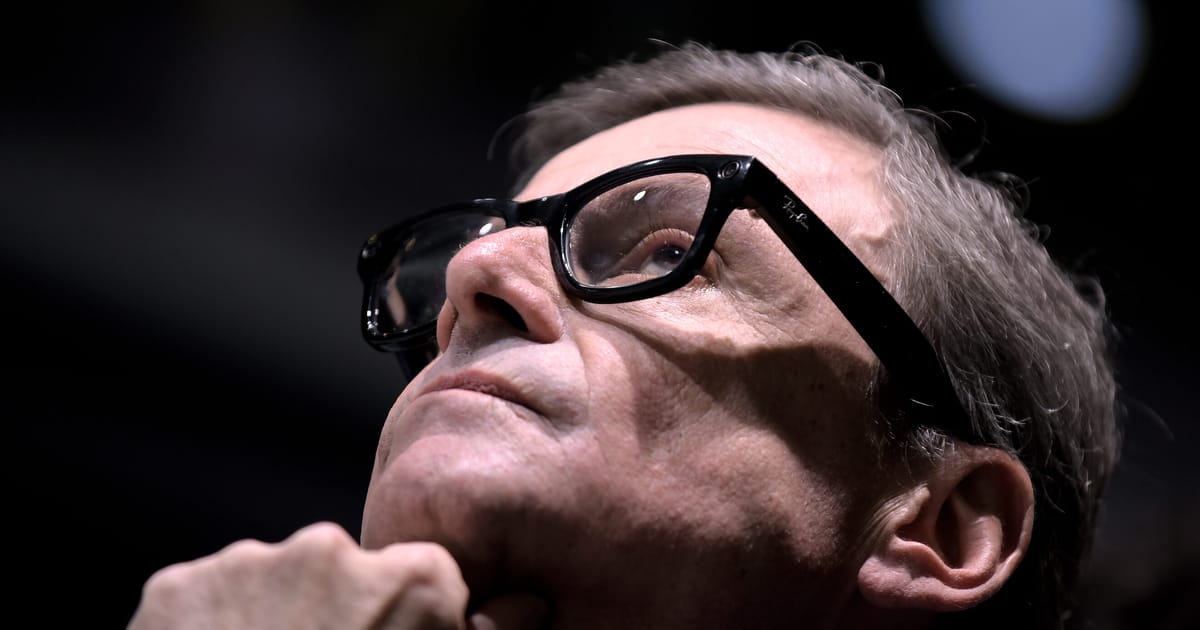POLITICO: So, in your view, is it a mistake to give space in the public debate to this type of argument?
Calenda: No, I’m a liberal, I believe all viewpoints should be allowed, but they must be put into context. For example, if I were introducing Sachs as a journalist, I would say: “A journalist who has over time taken positions close to Russia, and who a few months ago took part in the Forum of the Future 2050, organized by Alexander Dugin, the ideologue who believes the West is degenerate and that Russia must restore imperial values.” Viewers deserve to know this.
Just as when someone claims that Euromaidan [the large-scale 2013-14 protests in Ukraine demanding closer ties with Europe and an end to government corruption] was funded by the CIA, there are two reasons why that’s false: First, you’d have to explain how millions of people could have been paid; and second, Sachs himself in 2014 said the opposite and condemned Russian imperialism.
There are factual things that cannot be tolerated. And in Italy, unfortunately, TV channels and newspapers go as far as giving airtime even to [Vladimir] Solovyov, who openly calls for nuclear strikes on Europe as if that were normal. It is not.
 Jeffrey Sachs was visibly taken aback by the intensity of Carlo Calenda’s rebuttal. | Abdülhamid Hoba/Getty Images
Jeffrey Sachs was visibly taken aback by the intensity of Carlo Calenda’s rebuttal. | Abdülhamid Hoba/Getty Images
POLITICO: Do you think that in certain academic or media circles there is more naivete or more political calculation when narratives close to Kremlin propaganda are promoted?
Calenda: It’s a political calculation; it gets audience attention. And above all, there’s a carelessness in never letting informed people speak. I think it’s time we bring clarity, because democracies are built on opinions, but not on the idea that you can say whatever you want without anyone challenging the truth of it. And that, first and foremost, is the job of journalists.
